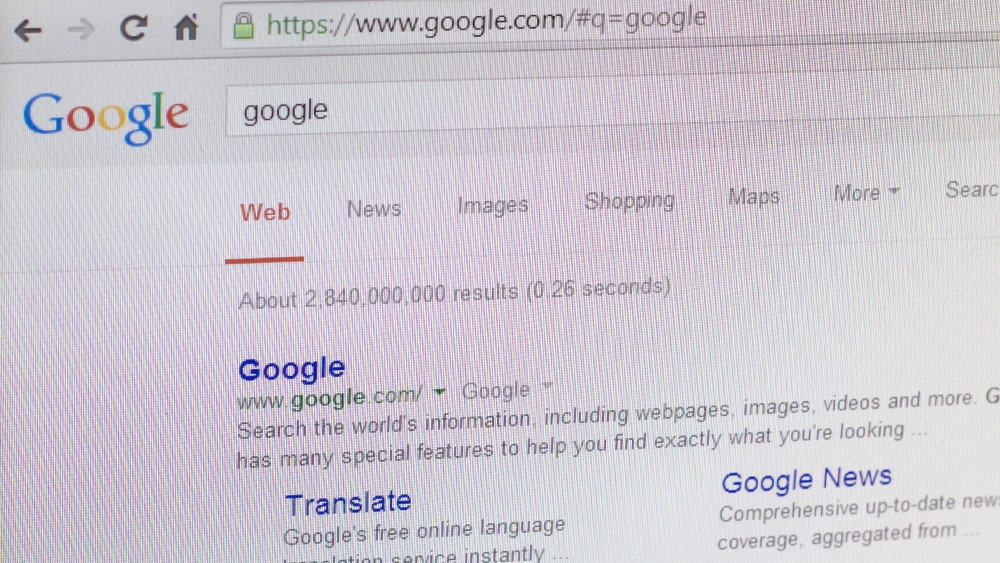
As part of a study, Backlinko determined the importance of individual Google ranking factors. With some well-known but sometimes with surprising results.
The company Backlinko, run by SEO expert Brian Dean, analyzed 11.8 million Google search results as part of a study. The aim of the study was to find out which factors are related in what way to the Google rankings of the analyzed pages. In cooperation with Ahrefs is one List with twelve findings came out that provides some SEO optimization approaches.
Backlink profile at the domain level
The link authority of the analyzed websites is said to have correlated with better Google rankings. The more quantitative and qualitative the backlinks that linked to a domain were, the higher all rankings of the entire domain were. In the study, the link authority was determined using the Ahrefs domain rating.
Number of backlinks
Websites with lots of backlinks are said to have higher rankings. On average, the pages in Google’s pole position had 3.8 times more backlinks than the pages in the rankings that followed in positions two to ten.
Holistic content
Websites with extensive and in-depth content are said to have higher rankings than pages that have only touched on topics. In the study, the content grade of the SEO optimization tools Clearscope used.
Pages loading time
Surprisingly, the loading time of a website is not an important ranking factor according to the study. There was no correlation between the speed and the rankings, so websites with long loading times are said to have taken high rankings.
Diversified backlinks
The number of backlinks from as many different websites as possible should be relevant for the rankings in Google. Many backlinks from external sites have a positive effect on the rankings.
Keywords and title tags
In the vast majority of the search results analyzed, the given title tags are said to have matched the keywords for which the websites appeared in the search results. The use of keywords in title tags is said to have played no role in determining the rankings.
Authority of individual subpages
The authority of individual URLs of a website correlates weakly with the rankings. This was determined in the study on Ahrefs’ URL rating. This shows the strength of the link profile of a URL on a 100-point scale. The larger the number, the stronger the link profile. The rating takes into account both internal and external links.
Length of content
Websites on the first position of organic Google search results are said to have an average length of 1,447 words. The number of words is said to have been evenly distributed over the first ten search results.
Amount of data of the HTML codes
The amount of data in the HTML code should not be relevant for Google search results, so that websites with data-intensive HTML codes can rank high.
URL length
There is little correlation between the URL length and the rankings. According to the Backlinko study, short URLs only have a slight ranking advantage over longer URLs.
Structured data
Even if websites with schema markup help the Google bot, are usually more present and more noticeable in the Google search results and are therefore clicked more often: Structured data should not be relevant for high Google rankings.
Length of stay
The length of stay should affect the level of the rankings. According to this, websites whose visitors linger for a long time tend to have higher rankings. A stay of three seconds longer is said to have correlated with higher rankings in the study.
Check optimizations carefully before implementation
The results of the study provide website operators with useful optimization approaches, but should nevertheless be viewed with caution. For example, according to the study, loading times should not be related to high rankings. Nevertheless, long loading times would most likely lead to high bounce rates and short dwell times – which, according to the study, should in turn be relevant for high rankings.
You might also be interested in:
[custom-twitter-feeds feed=2]



